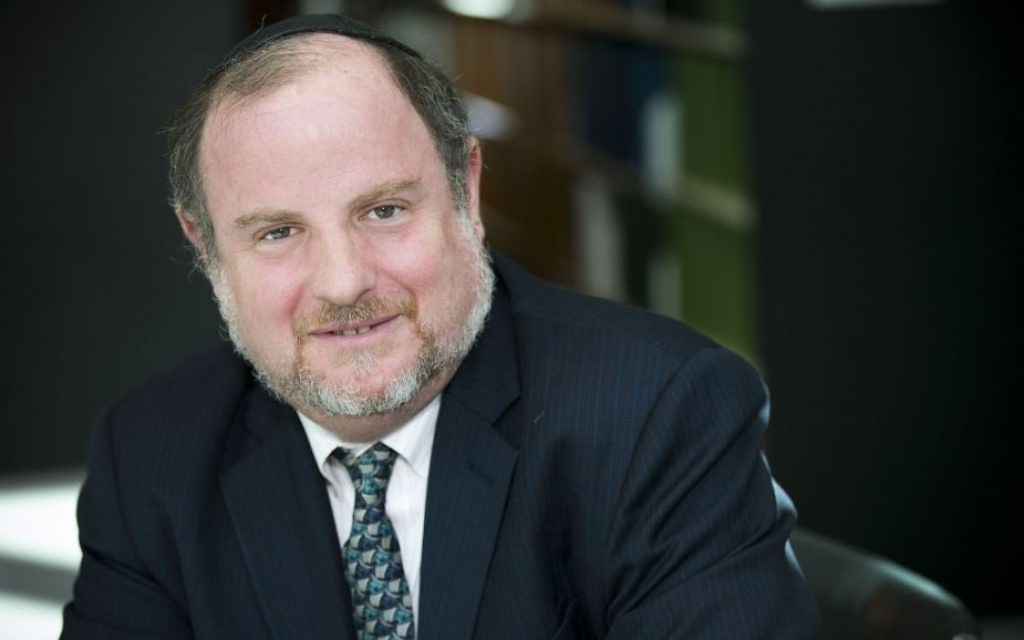Religious Courts Call to Broyde
The Emory law professor will spend most of his sabbatical year in Israel, supported by a Fulbright award.
Rabbi Michael Broyde will spend much of the next academic year studying religious courts in Israel with the support of a Fulbright grant.
“It’s been a long time since I spent a long time in Israel, so that’s good,” Rabbi Broyde said, especially because the Toco Hills resident has two children who live in Israel.
Rabbi Broyde will be on a one-year sabbatical from his position as an Emory law professor with help from the government-funded Fulbright award. He’ll work on a follow-up to his 2017 book, “Sharia Tribunals, Rabbinical Courts, and Christian Panels: Religious Arbitration in America and the West.”
Get The AJT Newsletter by email and never miss our top stories Free Sign Up
Beit dins and other venues for religious arbitration have no government support in the United States, but he wants to explore such courts in countries with established religions, such as Israel and the United Kingdom. He’ll spend time in England, but most of his sabbatical will be in Israel.
“The question of what exactly should the religious courts do is very fascinating,” Rabbi Broyde said. “Do we want them to be private or public, and if we want them to be public, what do we want public courts to do?”
He said his work shines light on the importance of the U.S. Constitution’s free-exercise clause rather than the establishment clause when it comes to religious freedom. An established church isn’t a problem as long as a state lets people worship as they please.
A beit din veteran, Rabbi Broyde said he’ll observe religious courts, read about them and talk to people.
“Sometimes the way things work in theory is not the way they work in practice. That itself is sort of a very fascinating realization,” he said. “When you get to spend a long time thinking about it, you get to see things you never saw before. That’s what I hope to do.”
In addition to the rabbinical courts, he’ll study Christian tribunals in Israel much more than Muslim courts, Rabbi Broyde said. “They much more resonate with what could happen in America. … What’s happening in the United States broadly is the evangelical Christians are going through a thought process about how much participation do they want in secular society. They’re starting to privatize, and privatization is sort of interesting.”





comments